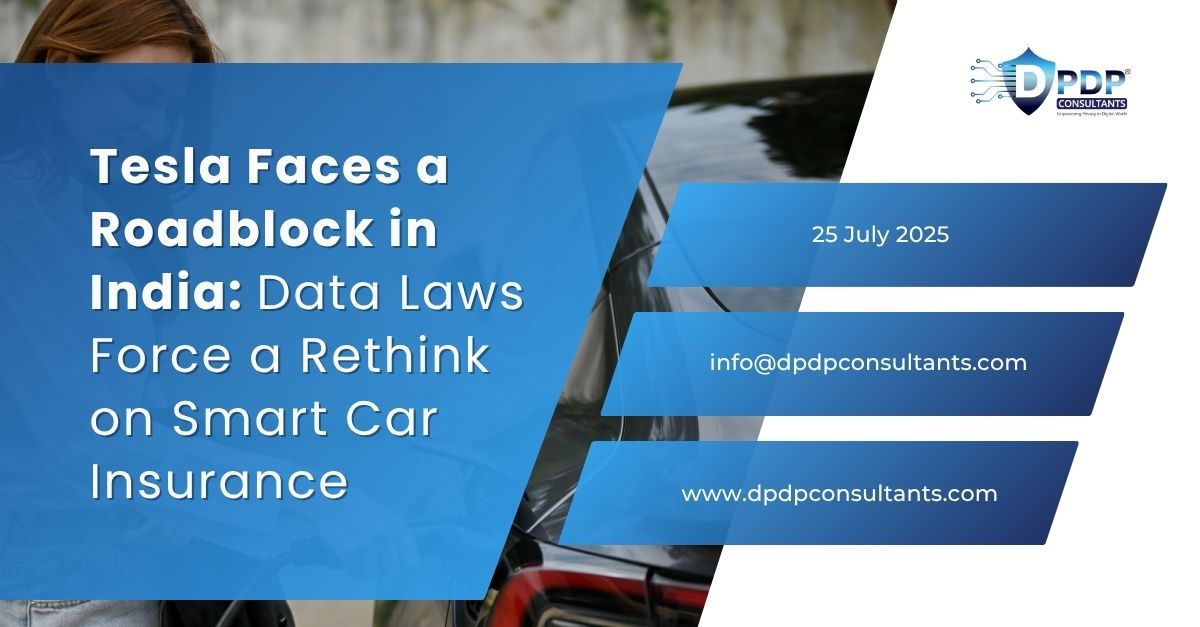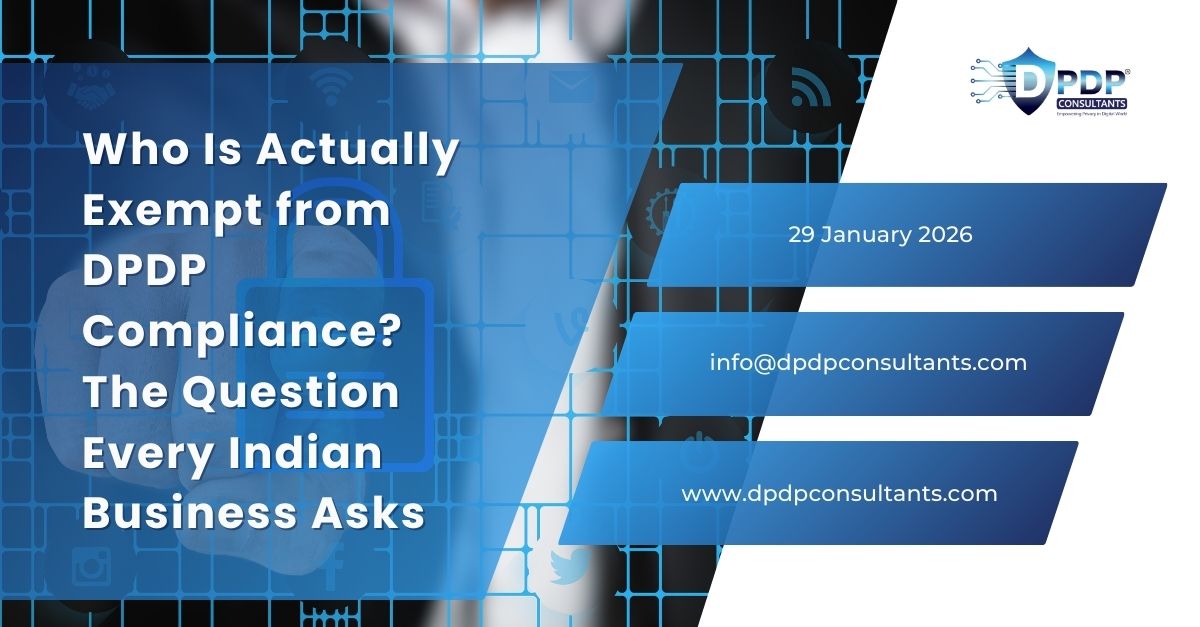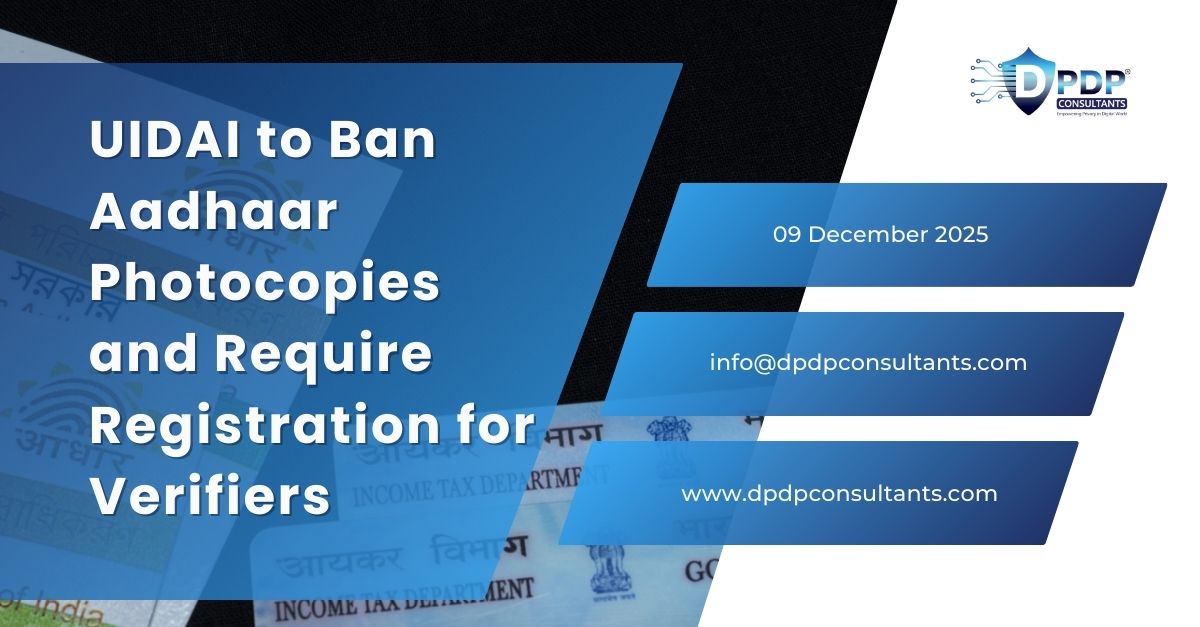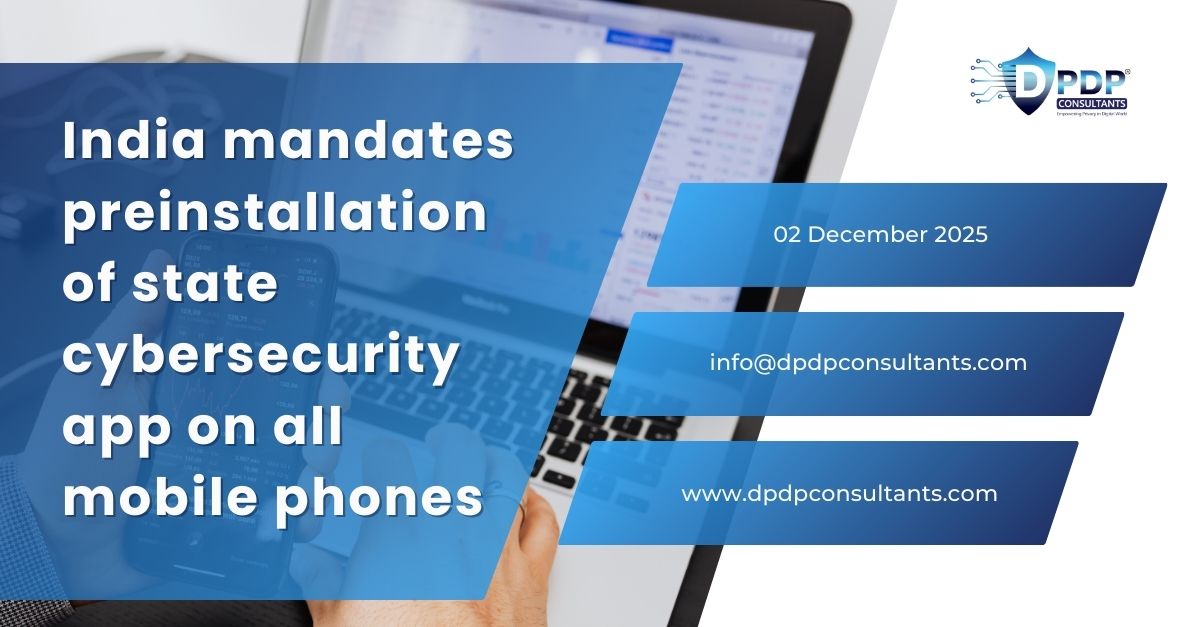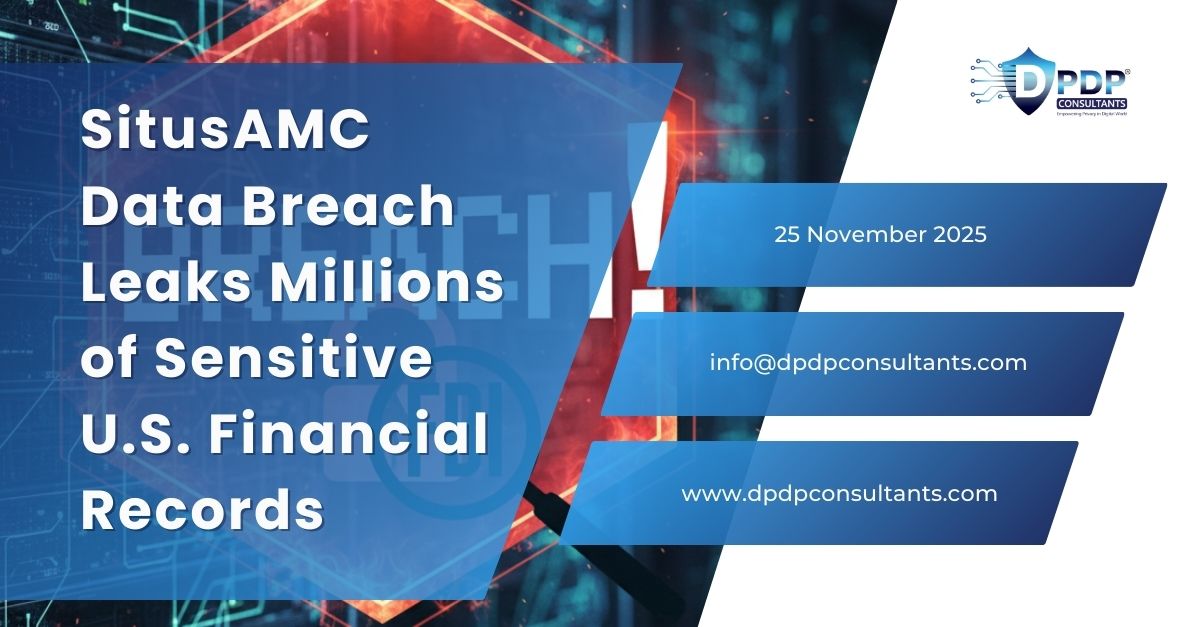Tesla’s journey into India’s electric vehicle market is
about to hit a legal speed bump — and it has everything to do with data.
As the Elon Musk-led automaker gears up to launch its
flagship Model Y in India, its widely hyped, telematics-driven insurance
offering — which adjusts premiums in real time based on how you actually drive
— may not make the trip.
Instead, Tesla seems to be veering off its global playbook
and taking a route it’s already followed in China and Europe: partnering with
domestic insurers to offer conventional, bundled insurance at the point of
sale. The reason? India’s new Digital Personal Data Protection Act (DPDPA) is
now in the driver’s seat.
The Problem with Real-Time Data
Tesla’s insurance model in the US and UK is revolutionary —
or at least, that’s the pitch. Instead of using static information like age,
location, or driving history, Tesla taps into real-time driving data collected
directly from its vehicles. Hard braking, rapid acceleration, cornering, even
the time of day you drive — it all feeds into a dynamic premium that can go up
or down based on your behavior.
But in India, collecting that kind of personal data comes
with a set of strict rules under the DPDPA. The Act mandates that companies
must clearly explain what data they collect, why, and how it will be used — before
they collect it. Consent must be explicit and specific. And here’s the kicker:
users must be able to withdraw consent at any time and ask for their data to be
deleted.
That makes Tesla’s data-heavy model a legal and logistical
challenge in India.
The Likely Workaround
So, what’s Tesla planning to do?
Sources say the EV giant is now in talks with Indian
insurers like Acko, Zurich Kotak, and Liberty General Insurance. Rather than
launching its own usage-based insurance platform, Tesla is expected to offer
traditional, static insurance policies bundled with the car purchase — just
like it does in China, where real-time data collection is heavily restricted.
One insurance executive confirmed this approach, noting that
any kind of telematics integration in India would require both the blessing of
the Insurance Regulatory and Development Authority of India (IRDAI) and strict
DPDPA compliance.
Instead, Indian customers can expect to pick from bundled
insurance plans during the online checkout process or at Tesla showrooms. These
policies will be priced like any standard Indian auto insurance — based on age,
location, car specs, and past driving record.
Why Tesla’s Not Taking the Risk
There’s another angle here: even in countries where Tesla has
rolled out its dynamic insurance, the financials haven’t been great.
By late 2024, Tesla Insurance had racked up nearly $1
billion in written premiums in the US and UK — but it also posted an
underwriting loss of $42 million in just the first nine months of the year. The
business paid out much more in claims than it earned, with a loss ratio of
121%. High repair costs, rising claim frequencies, and data compliance issues
have made vertical integration into insurance a bumpy ride.
In that light, Tesla’s cautious approach in India isn’t just
about legal compliance — it’s about financial prudence too.
India’s Data Laws Are Shaping Global Business
What’s happening here is bigger than Tesla. The DPDP Act,
passed in 2023 and rolling out this year, is already changing how global tech
firms do business in India. By forcing companies to ask before they track — and
making sure they can’t re-use personal data for anything else without
permission — the law is setting a new standard for privacy.
And Tesla, one of the world’s most data-dependent
automakers, is learning that in India, the road to innovation runs through the
rulebook.
For now, Tesla seems content to play it safe, choosing
conventional insurance over cutting-edge algorithms. But the question remains:
how long before Indian regulators give the green light to next-gen insurance —
and will Tesla be ready when they do?
One thing’s clear: in India, data drives the decisions — not
just the cars.

